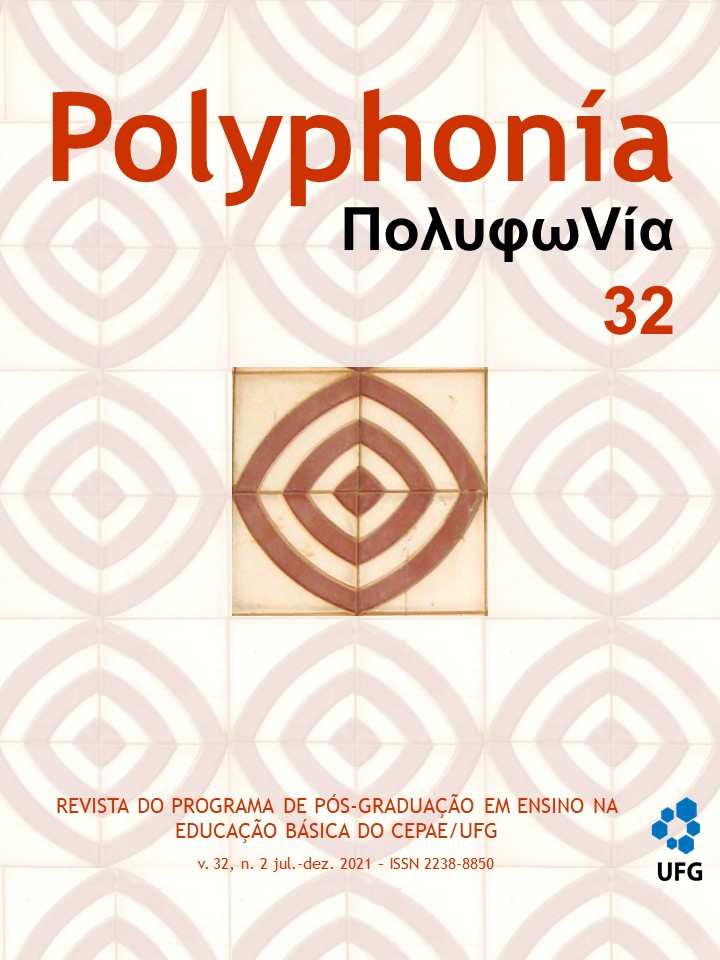O papel das famílias no desenvolvimento de crianças com paralisia cerebral
DOI:
https://doi.org/10.5216/rp.v32i2.70841Abstract
This text is a result of reflections from a research developed in 2018 and involves the dichotomy family and inclusion. It is about the observation and involvement with inclusive education in public schools throughout the professional trajectory of the researchers. It presented some of their perceptions and contributions in the process of human development and in the construction of the autonomy of the child with disabilities. The work is based on a qualitative research, from the narrative research method, based on Clandinin and Connelly (2015). The stories and experiences told led to the understanding of the role played by each family as the main responsible for the development and inclusion of the child with disabilities being conducted in an active way in society. To theoretically understand the involvement of families, a literature review was conducted by authors such as: Chacon (1995), Mantoan (2003), Duarte (2010), and Arioza (2017). The data revealed that more discussions are
needed about inclusive education, the viewing of the families, their confrontations, overcomings and the way they deal with the issue of disability. It was also observed that it is necessary to understand how essential is the role of families for the development of children with disabilities and how their actions have a direct impact on their quality of life.


